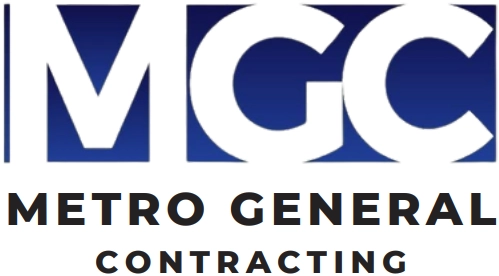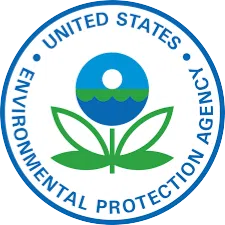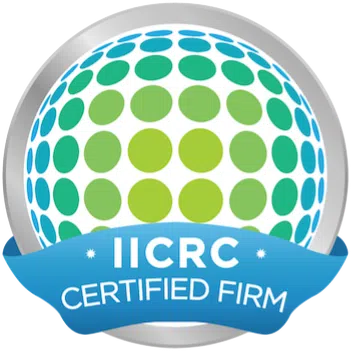What To Do
Before Help Arrives
If you’ve experienced major water, fire, or mold damage in the home, there are things you can do to make best use of your time until an inspection or restoration services arrive.

If You Have Water Damage
DOs
Remove excess water quickly and wipe water from wood furniture
Remove and dry wet upholstery, rugs, and cushions
Turn air conditioning on
Dry and remove objects to a safe, dry place
Open closet doors, furniture drawers, and luggage to aid in drying
Remove items that may transfer color from carpets and floors (books, magazines, etc.)
Clean up floors
Contact MGC Pros for water mitigation services
DON’Ts
Don’t use electronic or other household appliances until deemed safe
Use your household vacuum to remove the excess water
Go into any room where the ceiling is sagging
Hang furs and leather goods
Wait to call for professional help. The longer you wait the more water damage will occur

If You Have Fire Damage
DOs
Contact your local disaster relief services such as American Red Cross or Salvation Army
Limit movement in the home to prevent ash particles from being embedded into upholstery, walls, and carpets
Place clean sheets on rugs, upholstery and carpet traffic areas
If electricity was lost and is off, empty freezer and refrigerator
Wash houseplants thoroughly
Remove pets to a clean environment
Change air conditioning filters and keep an eye on the new ones
Contact MGC Pros for fire & smoke damage restoration services
DON’Ts
Don’t attempt to wash any walls or painted surfaces or shampoo carpet or upholstery without contacting MGC Pros
Do not eat, drink, or breathe in anything that has been near the fire’s flames, smoke, or soot
Send smoked clothing to an ordinary dry cleaner. Incorrect cleaning may set smoke and odor

If You Have Mold Damage
DOs
Keep all pets and family members out of the affected areas
Turn off the AC system and any fans that may be running for those particular areas
Contact MGC Pros for water mitigation services
DON’Ts
Don’t blow air across any surface with visible or suspected mold growth
Don’t touch or disturb the mold
Don’t attempt to clean or dry the area yourself or spray bleach or other disinfectants on the mold
If You Suspect Lead Exposure
DOs
Hire a certified lead paint removal specialist. They are trained to follow proper safety protocols.
Make sure young children, pregnant women, and pets are kept away from areas with potential lead paint hazards.
Frequently clean windowsills, floors, and other surfaces where dust may accumulate using a damp mop or cloth to reduce lead dust exposure. Consider using a vacuum with a HEPA filter.
If you’re unsure if lead paint is present, use a certified lead testing kit or hire a professional to conduct a lead paint inspection in your home.
If you’re unsure if lead paint is present, use a certified lead testing kit or hire a professional to conduct a lead paint inspection in your home.
Contact MGC Pros for lead abatement services
DON’Ts
Never attempt to remove it yourself. Lead paint removal is a specialized process that requires professional equipment and training.
Always avoid eating, drinking, or smoking in areas where lead contamination is a concern. Lead dust can easily transfer to food, drinks, or smoking materials.
If you notice chipping, peeling, or cracking paint, do not ignore it. These are signs of lead paint deterioration that can pose serious health risks
Children are most vulnerable to lead poisoning. Make sure children don’t play near lead-painted surfaces, especially in areas where paint is deteriorating.
Children are most vulnerable to lead poisoning. Make sure children don’t play near lead-painted surfaces, especially in areas where paint is deteriorating.
If You Suspect Asbestos Exposure
DOs
Hire a certified asbestos professional to test materials and perform an inspection. DIY testing kits can be unreliable, and asbestos testing requires specialized knowledge.
Keep children, pets, and anyone who isn’t trained in handling asbestos away from the area where asbestos might be present, especially if materials are damaged or disturbed.
If you find materials that appear damaged or disturbed (like crumbling floor tiles or insulation), avoid disturbing them further. Asbestos fibers can become airborne if materials are broken or disturbed.
If asbestos is confirmed, hire a licensed asbestos abatement company for safe removal. Abatement professionals have the proper training, equipment, and containment measures to safely handle asbestos.
DON’Ts
Do not attempt to remove, cut, scrape, or disturb materials that may contain asbestos. DIY asbestos removal is highly dangerous, as disturbing asbestos can release harmful fibers into the air.
Even if asbestos-containing materials appear to be in good condition, don’t assume they are safe. Asbestos can still pose a risk if it’s disturbed or damaged, releasing fibers into the air.
Don’t take unnecessary risks by disturbing asbestos in areas that are in good condition. Leave it undisturbed if it’s intact and not releasing fibers into the air. If it’s in poor condition or if you’re unsure, contact a professional.
Avoid using DIY asbestos sealants or encapsulants. These products often fail to provide long-term protection, and they can make the situation worse by disturbing the material or giving you a false sense of security.


